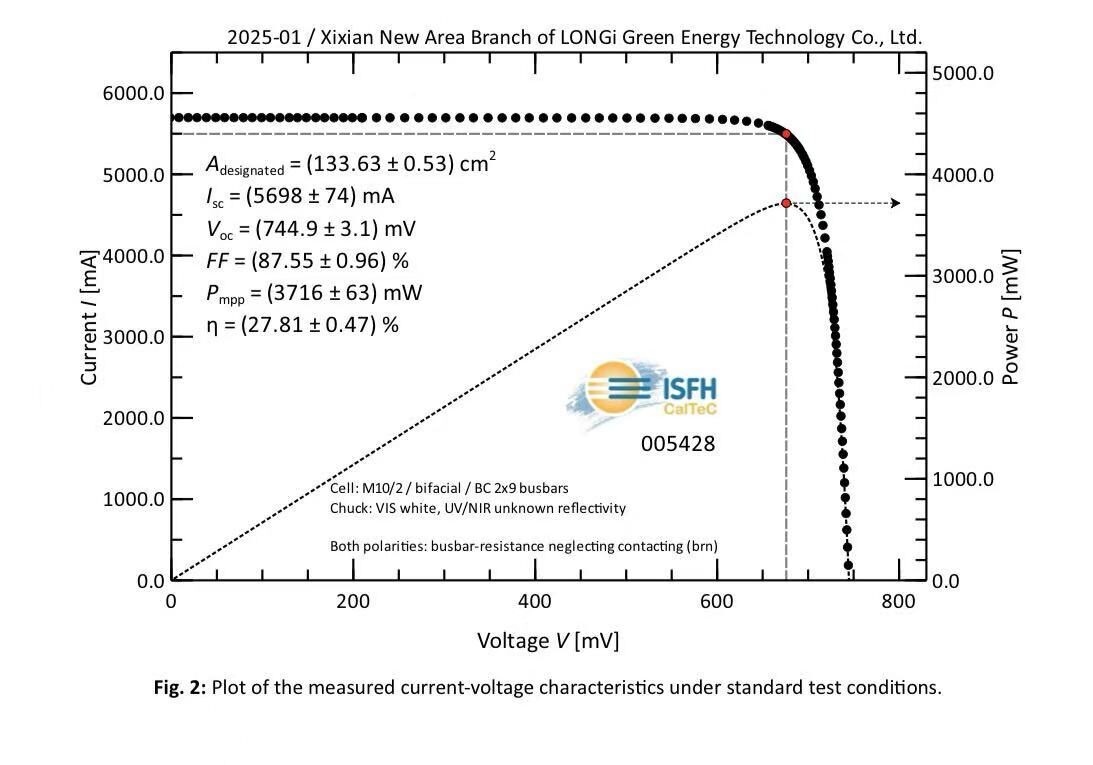All eyes in the EU renewables industry will be on the emergency meeting to be held on Sept. 9 between the energy ministers of member states and the European Commission.
The energy speech this week by the commission's president, Ursula von der Leyen, specifically announced the EU executive's desire to cap wholesale electricity prices as separate measures for low-carbon and fossil fuel generators. Von der Leyen set out revenue limits for renewables and nuclear power companies as the second of five energy crisis measures put forward by the commission, with a similar move for fossil fuel companies labeled the third measure.
This implies that the proposed income ceilings could be set at different levels for low-carbon and conventional power generators. That prospect was opposed by SolarPower Europe, which called for any limit on energy company revenue to be applied “after market clearing.” Such a move would leave any maximum electricity price for households and businesses still tied to, at least, the generation cost of gas – currently the most expensive source of electricity.
The clearing system which sets the pan-European wholesale price for electricity – the figure received by generators for each kilowatt-hour they produce and sell on the wholesale market – involves each generator “bidding” their generation costs, from around zero for renewables up to the cost of operating gas plants. Demand is then satisfied by working up from the cheapest wholesale power source until the required volume of energy is met, at which point every generator selling into the wholesale market receives the price of the final, and therefore most expensive, electricity provider.
‘Solidarity contribution'
“We will propose a cap on the revenues of companies that are producing electricity with low costs. The low-carbon energy sources are making, in these times – because they have low costs but they have high prices on the market – enormous revenues,” Von der Leyen said. “Revenues they never calculated with; revenues they never dreamt of; and revenues they cannot reinvest to that extent. These revenues do not reflect their production costs. So, it is now time for the consumers to benefit from the low costs of low-carbon energy sources like, for example … renewables.”
By contrast, seemingly, the commission president said oil and gas companies would be expected to make a “solidarity contribution” – language which implied that the higher generation costs incurred by fossil fuel generators could be reflected in a higher revenue ceiling for each kilowatt-hour sold into the wholesale market.
SolarPower Europe took issue with the commission president's statement that renewables generators are all enjoying the same sort of bumper profits as fossil fuel companies. It said the prevalence of fixed clean-power prices meant, for example, that around two-thirds of renewables generators in Germany are not making windfall profits.
“Most solar farms are not earning the wholesale electricity price,” the trade body said in a statement published this week on its website, in response to Von der Leyen's speech. “They get a fixed price for the electricity they produce, either from a government-backed support scheme or a power purchase agreement (PPA) with an industrial consumer and should, therefore, not be subject to windfall measures.”
That statement skirts the fact that PPA prices have more than doubled in some parts of Europe since Russia's invasion of Ukraine in February forced up already rising Covid-rebound gas prices to eye-watering levels, prompting the emergency measures under discussion. Less contentiously, SolarPower Europe called for any cap on revenue to be applied at a pan-European level – perhaps reflecting nervousness about permitting more renewables-skeptic member states of the bloc the freedom to impose thumping taxes on clean power companies – and also said any income ceiling should be time-limited, to preserve the functioning of the EU's internal energy market.
More incentives
SolarPower Europe also called for more incentives for solar deployment, including the use of pandemic recovery and resilience facility funding provided to European member states by Brussels. Reflecting on the much-discussed need to decouple electricity prices from gas, it said encouraging the deployment of solar-plus-storage sites – alongside limiting electricity consumption through demand-response measures – would be a big step in the right direction.
The commission will now seek to convince the energy minister members of the European Council of the merits of its five energy crisis measures, which also include a price cap on Russian gas, financial support for energy utilities, and a mandatory reduction in electricity use at peak periods. The Guardian reported this week that the commission wants to impose a 5% reduction and that member states have suggested such a move should be voluntary.
SolarPower Europe said the proposed measures should not jeopardize clean power investment. In the United Kingdom, Solar Energy UK is considering trying to pre-empt the imposition of the sort of windfall tax called for by Von der Leyen in the EU by voluntarily suggesting a switch from fixed-income government incentives to the contracts-for-difference model employed since 2017, which limits losses to the public purse.
New prime minister Liz Truss this week outlined the UK government's energy price guarantee which will see the state subsidize domestic electricity costs for two years and business prices for six months, from October 1. The government will refund any difference in generation costs for electricity suppliers in order to cap the typical household bill at an average £2,500 (€2,870) per year, with an equivalent scheme announced to support businesses.
As part of the policy, the government will pay the costs of the UK clean energy incentives program instead of the charges being paid by energy consumers for the duration of the price guarantee.
This content is protected by copyright and may not be reused. If you want to cooperate with us and would like to reuse some of our content, please contact: editors@pv-magazine.com.




By submitting this form you agree to pv magazine using your data for the purposes of publishing your comment.
Your personal data will only be disclosed or otherwise transmitted to third parties for the purposes of spam filtering or if this is necessary for technical maintenance of the website. Any other transfer to third parties will not take place unless this is justified on the basis of applicable data protection regulations or if pv magazine is legally obliged to do so.
You may revoke this consent at any time with effect for the future, in which case your personal data will be deleted immediately. Otherwise, your data will be deleted if pv magazine has processed your request or the purpose of data storage is fulfilled.
Further information on data privacy can be found in our Data Protection Policy.